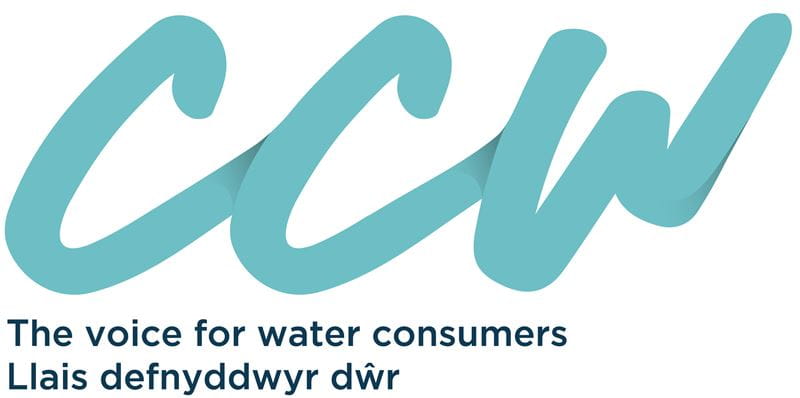Help with your bills
We have a number of ways we may be able to help make your bills more affordable.
We recognise that the cost of living continues to affect our customers. This page is intended to provide support and assistance in making bills more affordable by raising awareness of the various available options that can benefit households and reduce water usage.
We currently support over 145,000 customer each year with financial assistance with savings of up to £300. Alongside this we provide efficiency advice that can save up to 215 litres per day.
Ways to reduce your current bills
-
Spread the cost of your bill
If you're struggling to pay your bill in full, spread the cost by paying weekly, monthly or 6 monthly, either by direct debit or a payment card.
-
Switching to a meter
Having a water meter installed could potentially save you money on your bill.
-
Save Water, Save Money
Repairing leaks can lower your water bills. Obtain free water efficiency products and information to save money.

Our Priority Services register
Learn how our free Priority Services Register can provide extra support for you and your family to meet your specific needs.
Find out moreSee if you qualify for any of our social tariffs or schemes
Use our eligibility checker to find out which financial support schemes you can apply for.
Extra help with your billsOur financial assistance schemes and our help with your bill request form
-
HelpU Tariff
For customers in low-income households and receive means tested benefits.
-
WaterSure Wales Tariff
For customers with a meter who need to use more water and are in receipt of a qualifying benefit.
-
Water Direct Scheme
Allows customers to clear arrears and on-going charges directly from their benefits at an affordable rate.
-
Cymuned
Cymuned provides short-term financial support for working households who are in a negative budget each month.
-
Customer Assistance Fund
The Customer Assistance Fund is designed to help those in severe financial hardship to clear debt and get on top of their payments.
-
Request help with your bill
If you're having difficulty paying your bill then we have lots of support available, please complete this form and one of our agents will be in touch.

Are you receiving all the benefits you're entitled to?
Turn2us Benefit Calculator
Turn2us are a National charity who help people when times are tough. Use their Benefits Calculator to find out which welfare benefits you may be entitled to to maximise your income.
Use the Benefit CalculatorIf you already owe us money, have been contacted by a Debt Collection Agency or received arrears letters…
We know that being in debt can be stressful and it can be hard to make the first call. Here's how we can help if you are in arrears on your account.
Request a call back about custom payment plans
Tell us your circumstances and your contact details and we’ll review your account and prepare the best options for you. One of our friendly advisors will then call you back to agree a suitable way forwards. You can do this using our online form.
If you have been contacted by a Debt Collection Agency
We work with Debt Collection Agencies to contact customers and collect payments on our behalf. If you have received a letter from them, the best thing to do is to respond to them by the contact methods in the letter. Their friendly advisors will be on hand to work with you in a non-judgmental way to get you back on track

Get impartial advice
The Consumer Council for Water
The Consumer Council for Water provide impartial advice and guidance relating to any kind of household water supply or sewerage issue.
Get impartial advice
Our new Vulnerability Strategy to 2030
Supporting our customers. Working at the heart of our community.
Click here to find out more
BSI Kitemark Certifcation
The BSI Kitemark is tailored specifically to demonstrate best practice for water provision, and specifies that we deliver fair, flexible and inclusive services that increase positive outcomes for consumers in vulnerable situations.

Community Team
events calendar
Our Community Team actively promotes the support offered and regularly attend affordability events held in communities across our service region.
See below for a full list of events.


